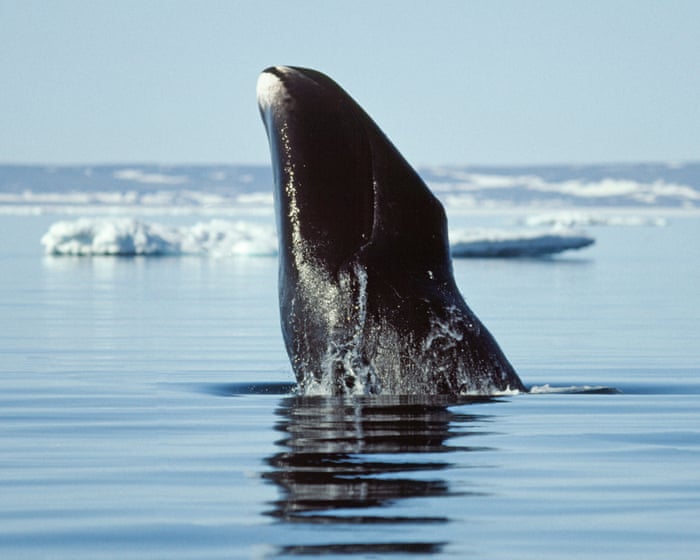Spider Web Patterns May Help Arachnids Sense Vibrations from Prey
PositiveScience
Recent research has shed light on how spider web patterns may enhance arachnids' ability to sense vibrations from their prey. By simulating various web decorations, scientists have contributed valuable insights to a long-standing debate about the purpose of these intricate structures. This discovery not only deepens our understanding of spider behavior but also highlights the remarkable adaptations of these creatures in their pursuit of survival.
— Curated by the World Pulse Now AI Editorial System









